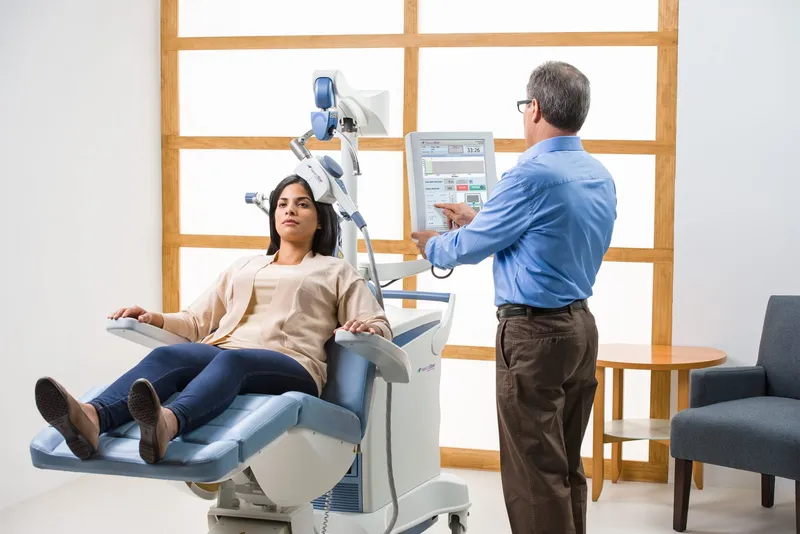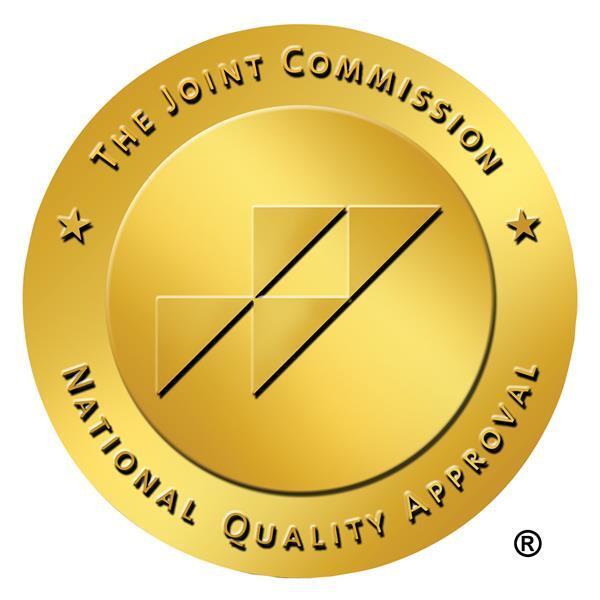Depression is a serious mental health condition that many people struggle with. It has far-reaching effects, impacting personal relationships, professional endeavors, finances, and more. Many people who suffer from severe depression have trouble sleeping or sleep too much. They may also have issues with their appetite, energy level, self-esteem, ability to concentrate, etc. While many people with depression respond well to antidepressant medications once the right combination of drugs has been found, others do not. TMS Treatment is used to treat severe depression when other treatments have proven to be ineffective.
What Is TMS Treatment?
TMS, or transcranial magnetic stimulation, is a specialized therapy that is completed as an outpatient procedure. TMS Treatment for depression is FDA-approved and may produce fewer side effects in patients compared to drug therapy and electroconvulsive therapy. It uses magnetic pulses to stimulate brain synapses that may have fallen dormant.

How Does TMS Work?
During TMS therapy, a machine is placed close to the brain’s prefrontal cortex, dispatching magnetic pulses in this targeted area. This is the area of the brain that controls a person’s mood. When synapses in this area of the brain are dormant, a major depressive disorder can be the result.
TMS therapy stimulates dormant synapses to improve brain functionality and mood. Specific treatment plans may vary, but patients generally receive four to six weeks of therapy. Each session requires approximately 20 minutes, and up to five sessions per week may be required. Sedation is not required, and patients can resume normal activities immediately.
Who Is a Good Candidate for TMS Therapy?
TMS therapy for depression is available to those 18 or older, diagnosed with major depressive disorder, who have not responded to antidepressant medication treatment.
Because electromagnetic pulses are used during TMS treatment, those with non-removable metal gear near or in the head do not qualify. Your physician may complete a physical exam, lab tests, and a psychiatric evaluation before recommending TMS as a treatment for your depression.
What Are the Risks of TMS Treatment?
The electromagnetic coil used during TMS therapy sends painless magnetic pulses through the skull to the targeted area. Because of this, patients usually do not experience any discomfort during treatment sessions. When TMS is used to treat depression, any side effects are usually mild. These may include headache, scalp discomfort, facial muscle twitching, or tingling and lightheadedness.
However, in very rare cases, patients who receive this treatment may experience seizures. Less than 0.1% of patients have this experience. Other rare side effects include mania and hearing loss. Hearing loss is associated with improper ear protection during therapy sessions. After the treatment sessions have been completed, medication and psychotherapy may be used for ongoing treatment.
In some cases, depression symptoms may return, and TMS re-induction may be recommended.
What Results Can You Expect from TMS Treatment?
Research on using TMS therapy for treating depression indicates that most patients benefited from a notable decline in their depression symptoms. Up to a third of those studied benefited from a complete remission from major depressive disorders.
For some patients, a decline of symptoms or complete symptom relief may not occur until several weeks of treatment have been completed. The length of time a person may enjoy results from TMS treatment may vary.
At Mind Body Optimization, we take a holistic approach to support whole-body healing. Our experienced team utilizes clinical and holistic approaches to addiction and mental health treatment in our outpatient treatment facility.
Contact Mind Body Optimization today to learn about recovery and mental health treatments.






